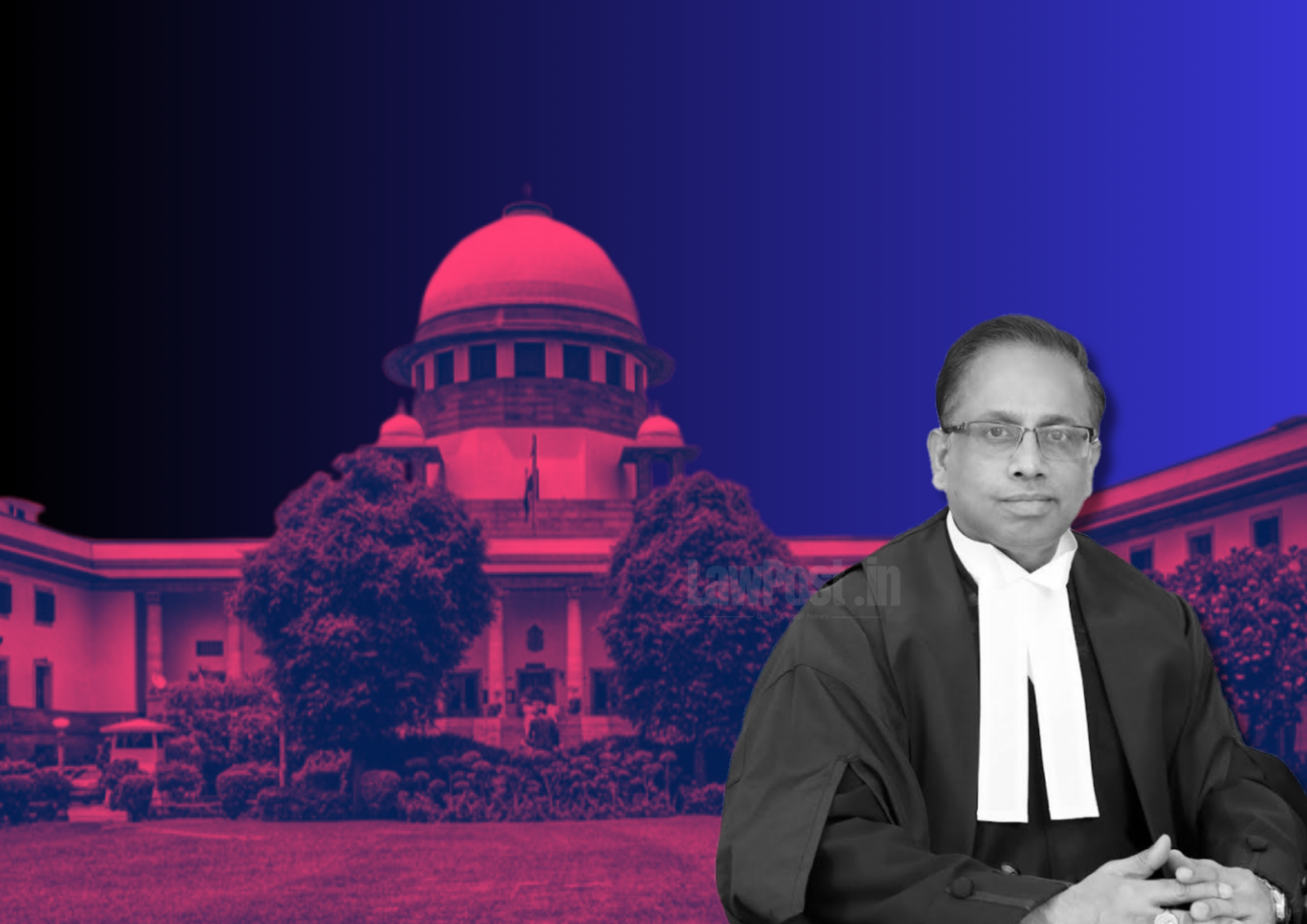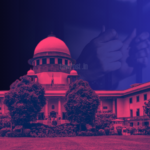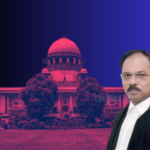Artificial Intelligence (AI) should not be outrightly rejected but instead calls for thoughtful deliberation on its potential applications, said Supreme Court judge Justice KV Viswanathan. He was speaking at the launch of a new commentary on patent law authored by Advocate Adarsh Ramanujan, held at the Delhi High Court.
“I don’t think that AI should be outrightly rejected. It calls for a certain amount of thought before we take a final call on it,” Justice Viswanathan remarked during his address, praising the book for its “fascinating discussion” on AI and its interplay with patent law.
The book, Patent Law – A Commentary, published by Oakbridge Publishing, was conceived during the COVID-19 lockdown and provides a critical analysis of patent law’s evolution, patentability, AI, and international patent frameworks.
Justice Manmohan, another Supreme Court judge in attendance, underlined the growing significance of patent law, calling it a field that places lawyers at the forefront of innovation. He cited World Intellectual Property Organization (WIPO) data showing a rise in patent applications at the Indian Patent Office, describing this trend as “encouraging.”
“Patent law is where the future lies. It is a growing field that puts the lawyer first,” Justice Manmohan said. He further commended the Delhi High Court’s legal fraternity, stating, “Our bar is willing to match up to international standards.”
Notably, two Delhi High Court IP division judges, Justices Jyoti Singh and Amit Bansal, were recently named among the 50 most influential figures in Intellectual Property (IP) globally, which Justice Manmohan highlighted as a point of pride.
A panel discussion on The Fuzzy Boundaries of Patent Law was also held, featuring key insights from legal luminaries. Justice Prathiba M Singh stressed the importance of patenting in identifying inventors and incentivizing innovation.
Senior Advocate CS Vaidyanathan highlighted the need for better training for patent examiners, noting, “Unfortunately, I find very often, they (patent examiners) don’t even know how to draft an order when some objections are raised.”
Senior Advocate Chander M Lall emphasized India’s role as a knowledge-based society, remarking, “A large number of patents are for inventions created by Indian inventors.”








